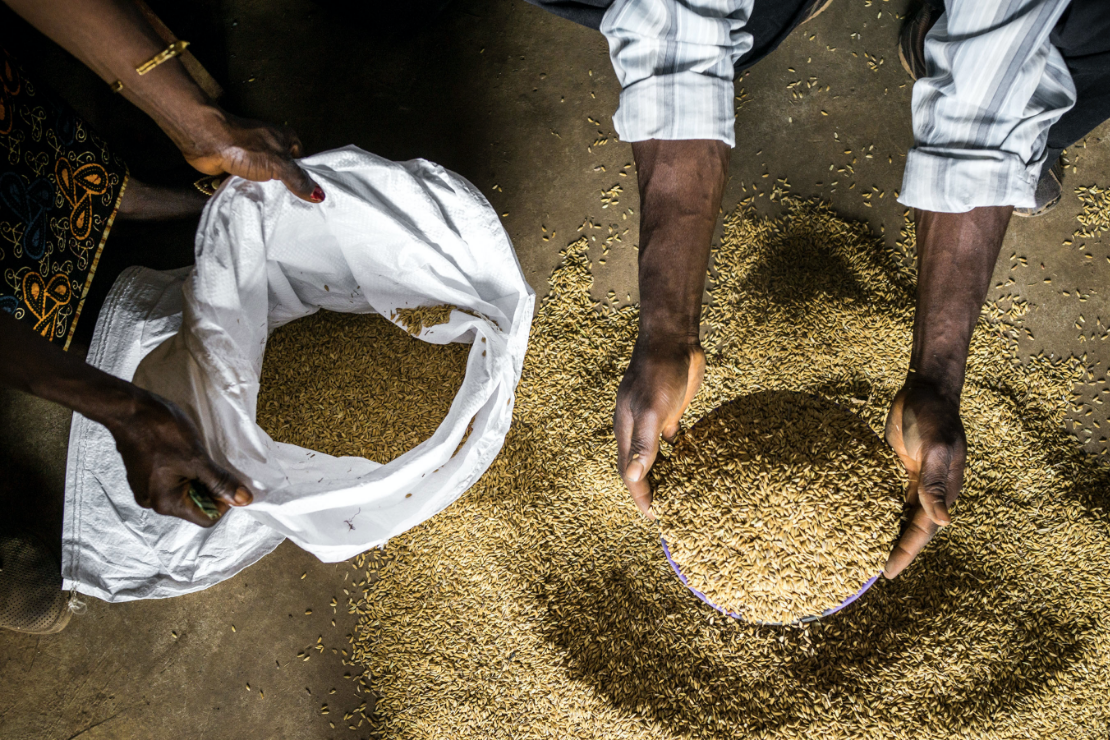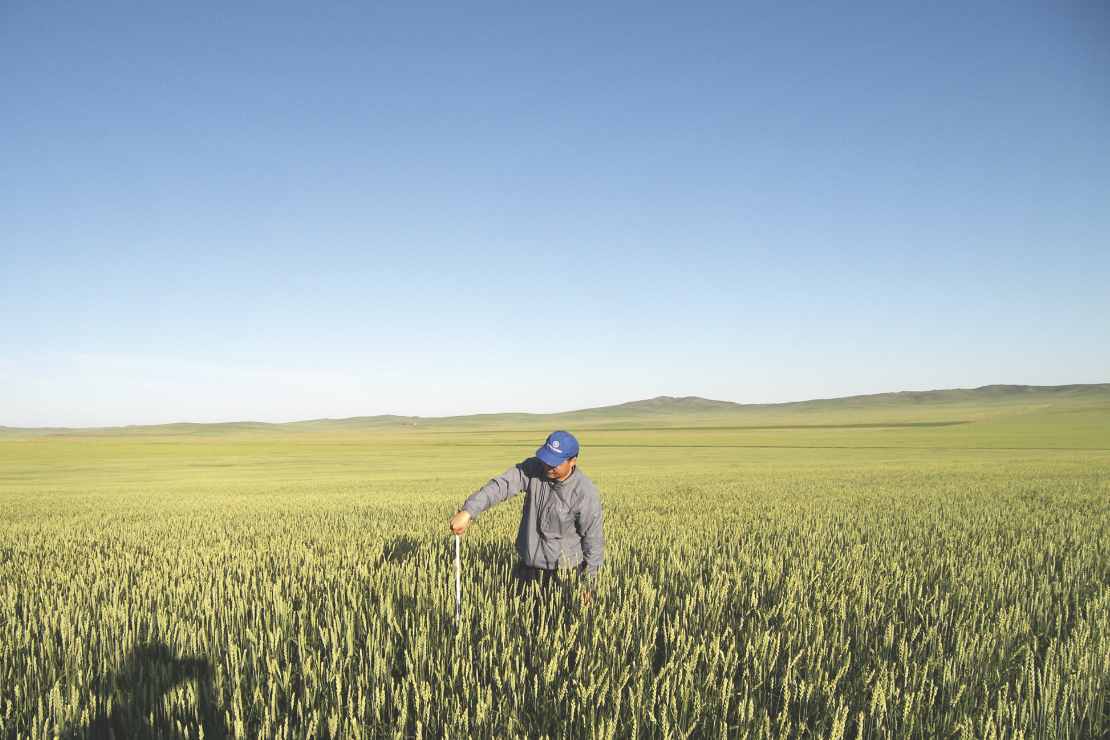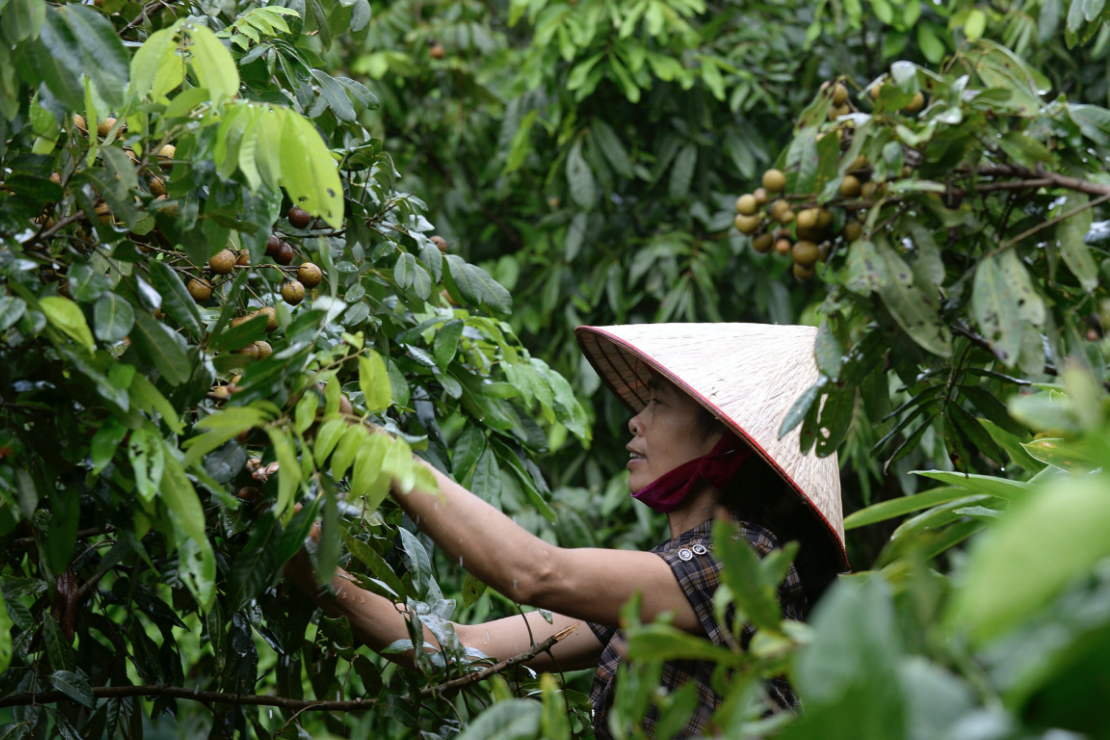

The Food Coalition’s Five Pillars (to be considered Sub-Programmes) are complementary to one another with the final Pillar as a cross-cutting one.
The Food Coalition is managed in FAO as an “Umbrella Programme” to respond
quickly to needs and priorities and to deliver in a more agile manner the different contributions received, in line with an overall Programmatic Results Framework developed along the five Pillars.

Advocacy is crucial when it comes to raising awareness among the international community. The Food Coalition will aim at renewing the global commitment at the highest level to eliminate hunger and malnutrition. It will raise awareness across diverse actors about the importance of a strengthened and transformed agrifood system. This will be done leveraging existing networks (such as FAO’s Nobel Peace Laureates Alliance for Food Security and Peace, World Food Prize Laureates, FAO’s Parliamentarian networks, etc.) This means much more than just simply organizing a conference or advocacy event. The Food Coalition will combine progressive and inspiring content in highly creative dialogues or “labs” focused on solutions. These spaces for global, regional, national convenings will create face-to-face opportunities to bring stakeholders together to discuss lessons learned and exchange best practices, experience and knowledge on policy, projects, programmes and strategic actions.


The strategic role of the Food Coalition has been acknowledged by the G20 Matera Declaration and the Rome G20 Leaders’ Summit that encourages “partners and stakeholders to collaborate with or join the Food Coalition launched by the FAO as a means to respond to the impacts of COVID-19 on food security and nutrition.”
The Food Coalition supports the work and priorities set forward by the G20 presidencies with the aim to renew the global commitment at the highest level to eliminate hunger and malnutrition and raise awareness among key decision and policymakers across diverse sectors.
Short-term crises will have longer-term effects on food security through multiple disruptions in agrifood systems that affect food production, health of farmers, access to agricultural inputs, access to markets, rural jobs and livelihoods, and a decrease in both rural and urban demand of food due to loss of jobs and incomes, among others. The role of the Food Coalition extends beyond the short-term actions that are implemented with a longer-term view towards sustainable transformation of agrifood systems.


Transfer of knowledge, peer-to peer exchanges and transfer of experts and expertise is key to accelerate results and bring concrete solutions. The Food Coalition supports innovative exchanges, study tours and incubators involving different stakeholders. The Food Coalition website represents a ‘marketplace’ where matching resources and/or knowledge and expertise with country level needs takes place and where potential donors/contributors – countries, private sector entities, academia, etc. – can identify where to direct and offer their financial or in-kind support.

The Food Coalition has provided unwavering support for uptaking the CFS Voluntary Guidelines on Food Systems and Nutrition in the Lao People's Democratic Republic (Lao PDR). The publication highlights the Coalition's strategic actions, major initiatives, and collaborative approach to address agrifood challenges, emphasizing the importance of multi-stakeholder engagement in Lao PDR's transformation journey

10 Proposals to countries and partners
As a result of the G20 process, the Food Coalition prepared a portfolio of 10 proposals with the aim to further encourage FAO Members to join its efforts in support of one another and to mobilize political commitment, financial resources, policy support, experts, and expertise in support of needs and demands raised by the countries.
We need to continuously bring attention to the challenges facing developing countries and the world, connect those interested in the solutions, and keep the issue of food insecurity at the forefront of global policymaking.

Presentations addressed successful experiences in Brazil, El Salvador, Guatemala, and Peru.

During the webinar, successful cases from Brazil, Ecuador, and Guatemala were presented.